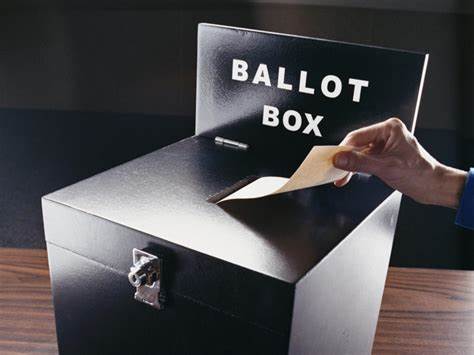
Incidences of political violence that marred the recently held Zimbabwean local authority by-elections are causing fear and intimidation amongst the community water and environmental rights defenders as they are scared to openly challenge environmental polluters (especially those linked to the political elites) for fear of victimization and violence.
Matabeleland Institute for Human Rights (MIHR) environmental human rights defenders from Matabeleland South and Matabeleland North provinces have expressed grave concerns on the electoral violence that occurred in Matobo ward 2 and Insiza ward 4 during the runner up to the 22 October local authority by-elections.
MIHR held a Community Environmental Rights Defenders virtual environmental risks analysis meeting to evaluate the prevailing and anticipated environmental risks for November and December 2022 and most of the environmental defenders raised concerns about the recent incidences of political violence and its impact on their freedom to organize and challenge unjust environmental policies and decisions. Critically, the risk analysis interface meeting noted that:
- The recent incidences of politically motivated electoral violence are detrimental to the operating space of environmental rights defenders as most of the environmental criminals/polluters are linked to political elites. This violence, especially at a time when the nation is gearing towards the 2023 general elections, affects the confidence of environmental defenders as they fear that should they openly challenge environmental crimes happening in their communities caused by mining companies, sand poachers, wood poachers and farming enterprises. the defenders are concerned that should they openly challenge such actions; the connected elites will use similar organized gangsterism to attack those who speak out.
- The environmental rights defenders also noted with concern that the rainy season is beginning but:
- the local mechanisms to respond to rain/storm induced disasters are still not capacitated with sufficient skills, knowledge, equipment and resources to adequately respond to local environmental and climate change disasters;
- in some communities the public infrastructure that was destroyed by the storms of the past rainy season still have not been repaired and this further exacerbates the vulnerability of the local people to environmental hazards and it will worsen the incapacity of the locals (especially in rural areas) to enjoy their fundamental rights and freedoms especially access to health, education, transport and communication;
- From previous rainy seasons, public infrastructure such as schools and clinics have been the worst affected by violent storms and these are the facilities that should offer communities temporary shelter in case of climate change induced disasters. In most rural areas such facilities are old and dilapidated, however, concerns were that there has not been any corresponding efforts to promote the renovation of all rural public facilities to be climate resilient.
Leave a comment